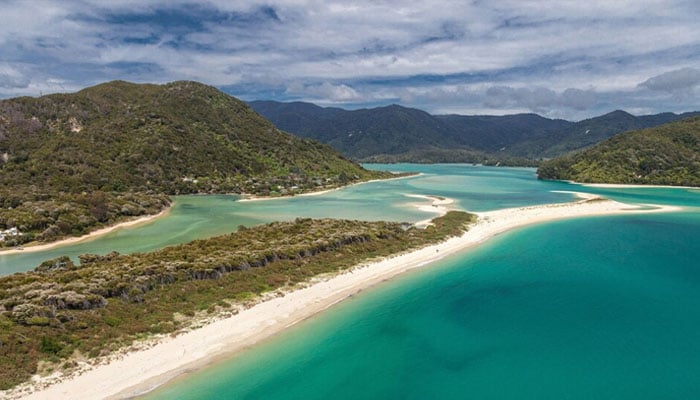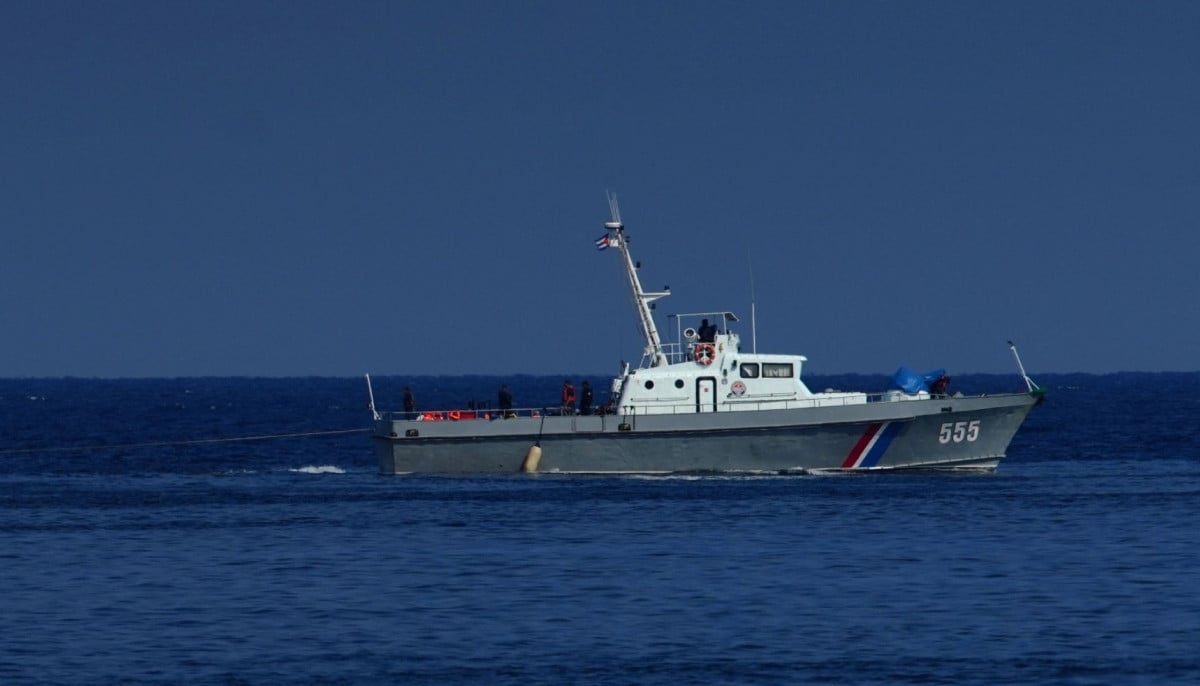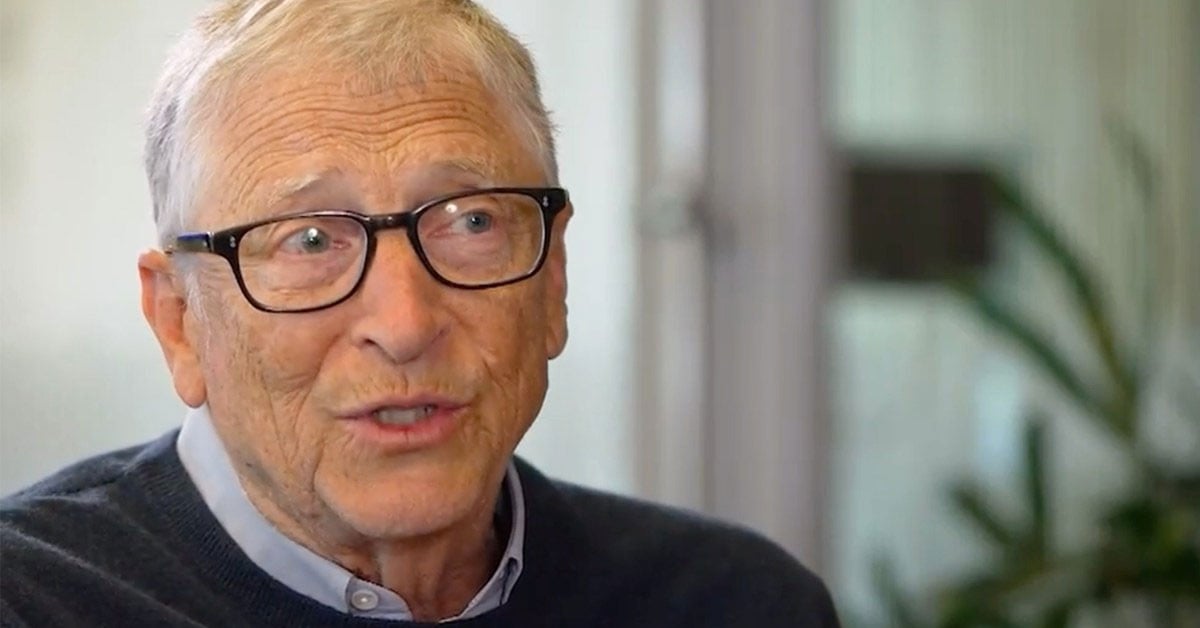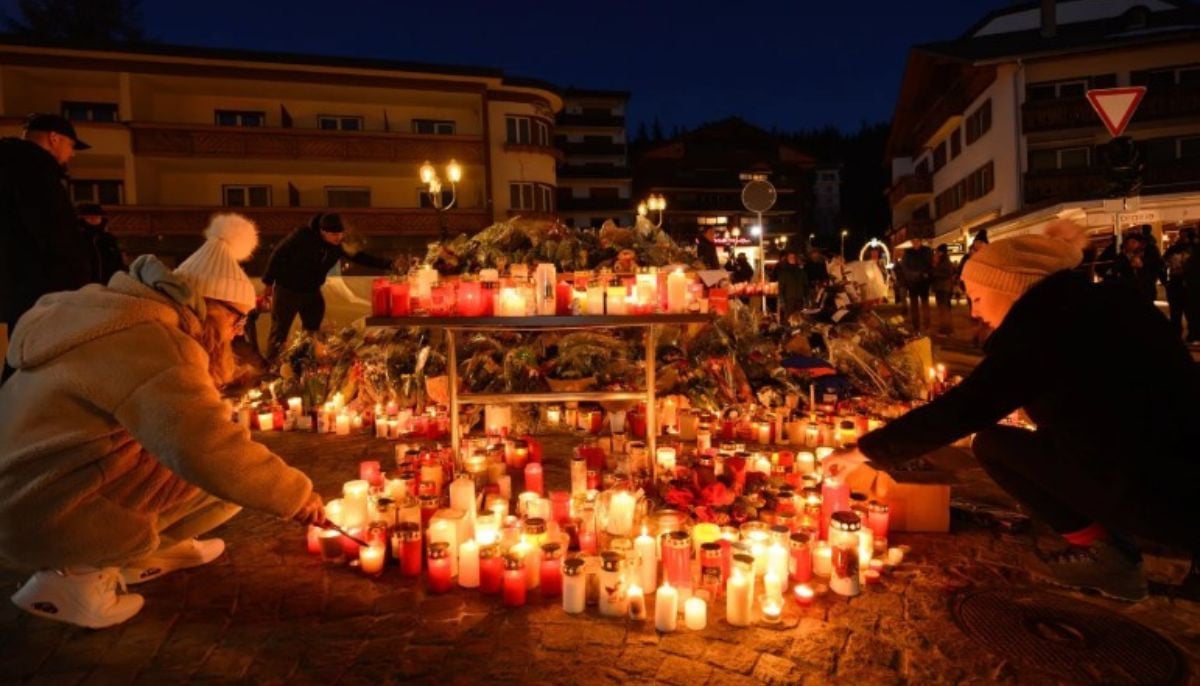World's lost 8th continent finally found after 70,000 years
World's lost 8th continent is about 1.6 times larger than United Kingdom
Scientists have discovered evidence of a long-lost continent off the northern coast of Australia that supported 500,000 people some 70,000 years ago.
This continent, called the North West Shelf, included lakes, rivers, archipelagos, and a sizable inland sea. It was about 1.6 times larger than the United Kingdom according to Daily Mail.
The academics claim that because the archipelagos were so vast, migration from Indonesia into Australia may have used them as "stepping stones."
Regretfully, the North West Shelf was submerged 300 feet below the surface of the Timor Sea approximately 10,000 years ago due to rising sea levels.
Kasih Norman, an archaeologist from Griffith University in Queensland, conducted the new investigation.
According to Norman and associates, "We reveal details of the complex landscape that existed on the North West Shelf of Australia."
"It was unlike any landscape found on our continent today."
The end of the last ice age occurred about 18,000 years ago.
Sea levels rose as a result of the subsequent warming, submerging large portions of the continents, including a sizable landmass that encircled Australia.
This continent, which joined the Australian mainland to New Guinea and Tasmania to form what is today known as Sahul, was partially inundated when sea levels rose.
This process isolated Tasmania from the mainland and divided the Sahul supercontinent into Australia and New Guinea.
According to researchers, Sahul's North West Shelf in particular was a "vast, habitable realm" and a "single cultural zone" with commonalities in languages, rock art styles, and grinding stone-axe technology.
-
Cuban government says boat full of armed men fired on border guards, killing 4
-
FIFA World Cup security concerns spike after recent cartel violence in Mexico
-
Passenger wins £10,000 payout from Heathrow Airport after 100 ml liquids dispute
-
Chinese astronauts finally reveal why spacecraft left them ‘stranded’ for 437 days in space
-
Sinitta makes shock admission about marriage to Andy Willner post Simon Cowell heartbreak
-
Bill Gates calls ties to Jeffrey Epstein 'huge mistake,' reveals past 'affairs'
-
Switzerland announces one-time compensation for Swiss bar fire victims
-
Ryan Coogler shares thoughts about building community of actors amid 'Sinners' success












